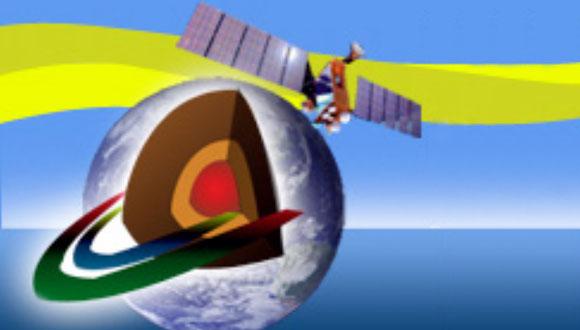Dept. of Geosciences Colloquium: High-resolution imaging of transport processes with GPR full-waveform inversion
Dr. Peleg Haruzi
Zoom: https://tau-ac-il.zoom.us/j/83800936221?pwd=dHQ5b0pYdWV3SzN1amNPanRQUnc4QT09
Abstract:
Understanding the nature that pollutants transport in the subsurface is important for remediation management. Fluid tracers that mimic pollutant are commonly injected to the subsurface in a controlled setup to allow time and space monitoring and analyzing, in order to derive insights on hydrological processes. Among the geophysical imaging methods, crosshole ground-penetrating radar data (GPR) that is imaged by full-waveform (FWI) inversion method delivers the best spatial resolution and enables aquifer characterization at the decimeter scale. GPR FWI provides 2D tomogram models of the subsurface dielectric properties, the permittivity (ε) and electrical conductivity (σ), which correlate with hydrological properties.
We conducted synthetically and experimentally field-scale tracer tests (salt water changing σ and hot water σ and ε) that were monitored by crosshole GPR full-waveform inversion in time-lapse, to test the ability to reconstruct the tracer plume. We tested different starting model strategies to obtain the best FWI convergence of the time-lapse data. Saline water conditions at the vicinity of the borehole antenna changed the effective source wavelet, which could be estimated from the GPR data using deconvolution, eventually leading to better accuracy in time-lapse FWI models. Time-lapse changes in the FWI models allowed to image flow preferential paths at a decimeter scale resolution and at different concentration magnitudes, that were validated at boreholes by installed sensors. The plume fate of the salt tracer showed faster transport than of the heat tracer, manifesting that salt mass transport mainly took place through the mobile water domain, while heat was transported both through pore water and through the grain material as heat conduction.
Event Organizer: Dr. Roy Barkan


